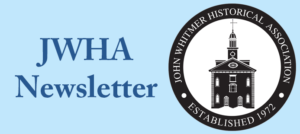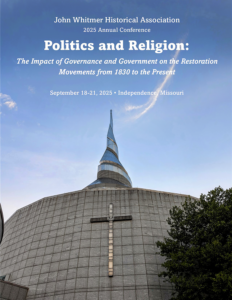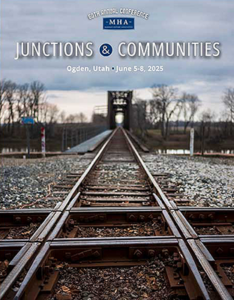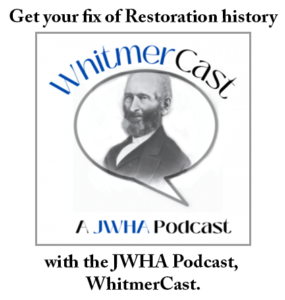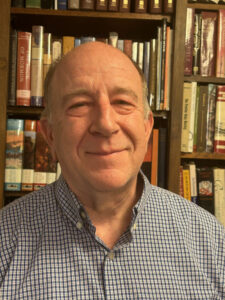 On April 12, 1861, John Blizzard and his eventual son-in-law, the thirteen-year-old Samuel Ledingham Sloan, poured powder in their cannon barrel, rammed some cotton wadding in tightly after it, and then rolled a 32-pound iron ball down the long shaft, so it was readied for service. When Captain Abner Doubleday ordered them to fire on the walls of Fort Sumter, one of them lit the fuse that started the Civil War. I know about their role because Samuel Sloan’s daughter—my great-grandmother—wrote down his story. Samuel wasn’t going to let the government take away his “right” to own other human beings, and so he set out to defend those rights no matter the consequences to others.
On April 12, 1861, John Blizzard and his eventual son-in-law, the thirteen-year-old Samuel Ledingham Sloan, poured powder in their cannon barrel, rammed some cotton wadding in tightly after it, and then rolled a 32-pound iron ball down the long shaft, so it was readied for service. When Captain Abner Doubleday ordered them to fire on the walls of Fort Sumter, one of them lit the fuse that started the Civil War. I know about their role because Samuel Sloan’s daughter—my great-grandmother—wrote down his story. Samuel wasn’t going to let the government take away his “right” to own other human beings, and so he set out to defend those rights no matter the consequences to others.
Almost thirty years later, the same Samuel Sloan indeed owned 100 other people and had a large plantation in Richland, South Carolina. Then he invited two young men into his house to explain the contents of their copy of the Book of Mormon. He found himself standing at his door with his old service musket in hand while those missionaries peered out from behind him as his “friends” demanded he send them out to a lynching party. The men who had gathered in his yard backed down when Sloan stood up to them, although they set a large wood cross on fire and promised they’d be back. He packed up his family and a few goods and fled, but left the slaves and land behind he thought he was fighting to defend.
I’ve pondered great-great-grandpa Sloan’s experience considering our own organization. The John Whitmer Historical Association has members in Canada, the European Union, the United States, and elsewhere. In the United States we also have members who belong to the two main political parties and a slew of minor ones. Our strength is our diversity. How can we build on that and still bring each other together to learn rather than igniting more controversy? The world needs more peace, not less. Frederick M. Smith faced a world torn apart in April 1940, almost two years before Pearl Harbor was attacked, when he sought inspiration from God and received direction to “lay securely the foundations for Zion . . . the work should be accomplished in peace and harmony. Unity should prevail” (D&C 138:3c).
Research shows that understanding the history of others helps increase our appreciation and tolerance for them. History has a great power to bring about understanding and unity. People are currently getting little history. Last fall, the NEA in conjunction with the U.S. Census Bureau reported that 48.5 percent of adults read (or listened to) at least one book during the previous year. That is a decline from 52.7 percent of adults who reported having read at least one book five years earlier. Meanwhile, YouGov found that only 35% of those who read “their” book during the year read a history book. This means that approximately 170 adults out of every 1,000 will read a history book this year. In addition to books, our journal editor, Ken Mulliken, tells us that the American Historical Association has found about 100 people read each of its journal articles. There are 203 history journals making materials available, but those who read them are book readers as well.
Ken Mulliken as our journal editor, and Seth Bryant, as our book manager, are working hard to not just provide entertainment for us history readers, but to publish things that help do away with prejudice and misunderstanding. They can make a real difference in bringing people together. If we invite our acquaintances to read more history this summer—especially religious history—we can help bring people together and let unity prevail.
–Mark Staker, President
